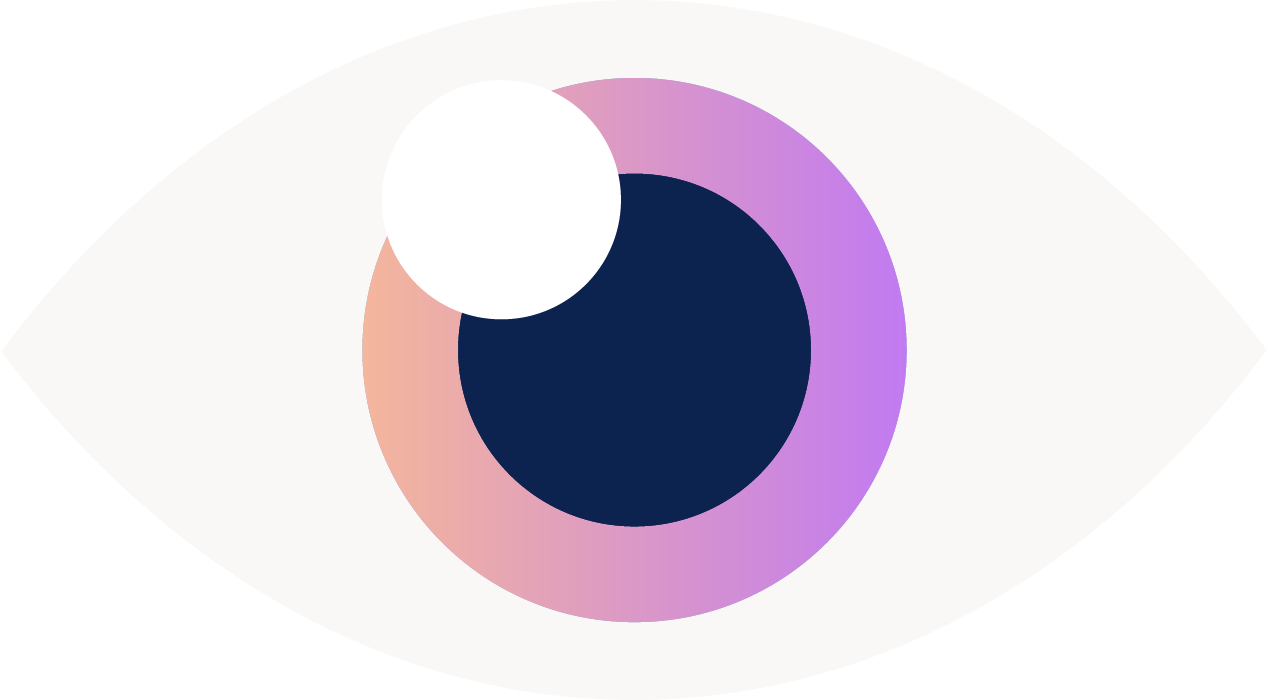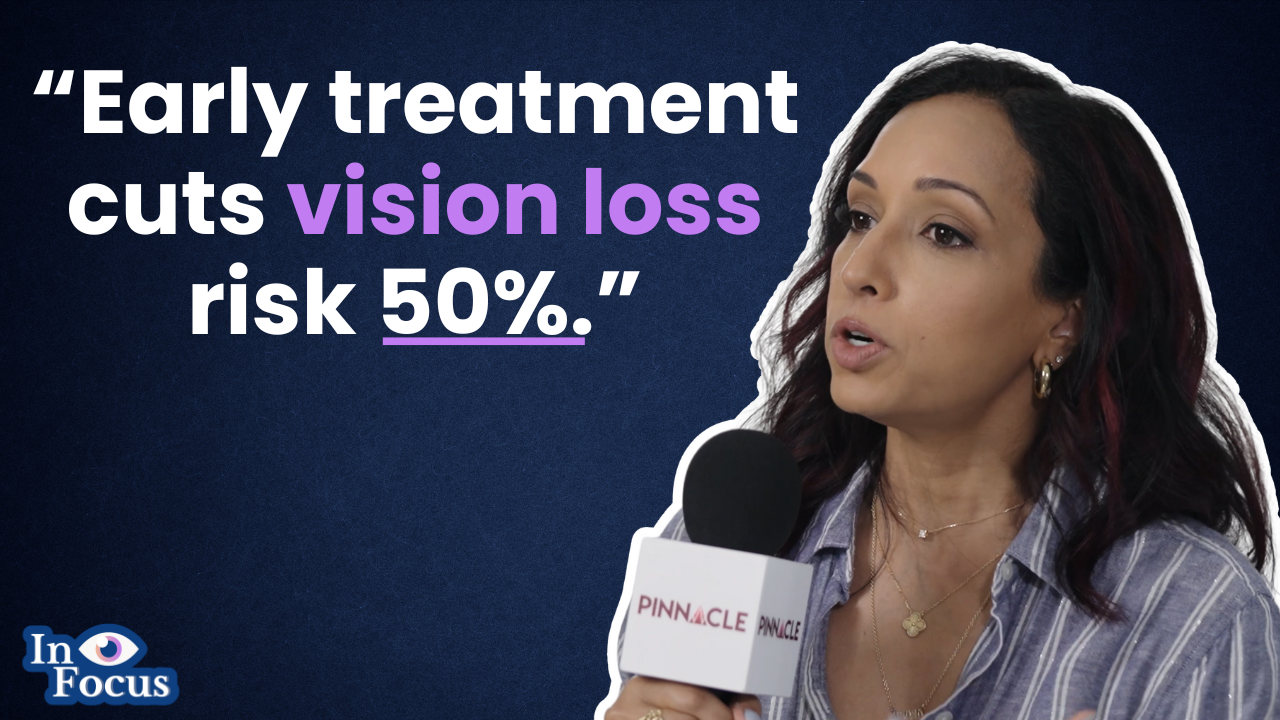When To Worry About Your Preemie Baby's Eyes
Listen On
Last week, I walked into my outpatient clinic to see a sweet little preemie who had just been discharged from the NICU. I introduced myself to the parents—and immediately saw the confusion on their faces. They were polite, but clearly a little overwhelmed.
“Wait, why are we here again?”
“Didn’t the NICU ophthalmologist already check everything?”
“Isn’t this all… done?”
I get it. I really do. When your baby is in the NICU, everything comes to you. The eye doctor, the neonatologist, the nutritionist—everyone does rounds. But once you’re discharged? You’re suddenly juggling appointments, picking up prescriptions, trying to feed your baby and track every milestone, all while recovering emotionally from a really hard chapter.
So let’s talk about it.
What Am I Looking For After the NICU?
I’m a pediatric ophthalmologist, and I’ve been caring for premature babies for 18 years. One thing I can promise you: post-NICU eye exams are not just a formality.
If your baby was screened in the NICU but the blood vessels in the retina weren’t yet fully mature, that means we still need to keep a close eye on things (no pun intended). The condition we’re monitoring is Retinopathy of Prematurity (ROP)—a potentially serious eye disease that affects preemies.
Until those blood vessels finish growing all the way to the edges of the retina, we need to follow up regularly, even if everything looks fine.
But What If My Baby “Graduated” From ROP?
That’s a great question. If the retina was declared fully mature before discharge (which we love to write in the chart with a smiley face, by the way!), then you might not need to come back right away.
But you still need a follow-up around six months of age.
Why?
Even without ROP, premature babies are at a higher risk for things like:
Strabismus (misalignment of the eyes)
Refractive errors (nearsightedness, farsightedness, or astigmatism)
Amblyopia (what most people call “lazy eye”)
Your pediatrician can do a basic vision check—but they don’t have the tools to detect these things early. That’s where we come in.
What the 6-Month Eye Exam Looks Like
This exam is nothing like what we do in the NICU. There’s no lid speculum, no q-tips moving the eyeball around. It’s gentler, quicker, and less invasive.
Here’s what we’ll check:
👁 Visual Development
We look to see if your baby is tracking faces or toys, making eye contact, and reacting to light. Think of vision development like a dimmer switch—not a light switch. It takes time. Preemies just need a little longer.
🔍 Eye Alignment
Are the eyes straight and coordinated? Or is one drifting in or out? Most of the time, this resolves on its own—but if not, we want to catch it early so it doesn’t affect long-term vision.
🔬 Prescription Check
Using special lenses and a retinoscope, I check for any signs of nearsightedness, farsightedness, or astigmatism. If glasses are needed, we’ll talk through your options (and yes, babies in glasses are the cutest thing ever).
🧠 Ruling Out Other Issues
Even if ROP is no longer a concern, we still want to make sure nothing else has developed—like tumors, cataracts, or signs of delayed visual maturation.
Questions to Ask Your Eye Doctor
If you’re feeling unsure or overwhelmed, here are some questions that can guide the conversation:
Is my baby’s vision tracking where it should be for their adjusted age?
Are their eyes aligned, or is there drifting I should watch for?
Does my baby need glasses now or possibly later?
Are there any signs of amblyopia (lazy eye)?
How often should we follow up from here?
What should I be looking for at home between now and our next visit?
And please—don’t worry about asking “silly” questions. You’re your baby’s best advocate. No one spends more time watching them than you do.
You’re Not Alone
NICU life is hard. Post-NICU life can be even harder in a different way—less support, more uncertainty, and a constant stream of appointments. I see you. I really do.
But please know: this exam isn’t just another box to check. It’s a powerful opportunity to protect your baby’s vision for life.
We don’t do it to make your day harder—we do it to make sure your child gets every chance to thrive, to read, to play, to explore the world clearly.
You’ve already been through so much. Let’s make sure their eyes are ready for everything that’s ahead.
Want to Learn More?
This is just the beginning. In upcoming episodes, we’ll explore:
-How screen time and digital habits are shaping our kids’ development
–The connection between vision and overall health
–What you need to know about common eye procedures like LASIK and cataract surgery
–Practical ways to advocate for your child’s visual needs
You can subscribe to my podcast, In Focus, anywhere you listen—or follow along on Instagram for updates and tips.
Watch this episode on Youtube right now!
Thanks for reading—and for doing what you can to protect your child’s vision, one step at a time.
– Dr. Rupa Wong
Pediatric Ophthalmologist | Surgeon | Mom of 3



